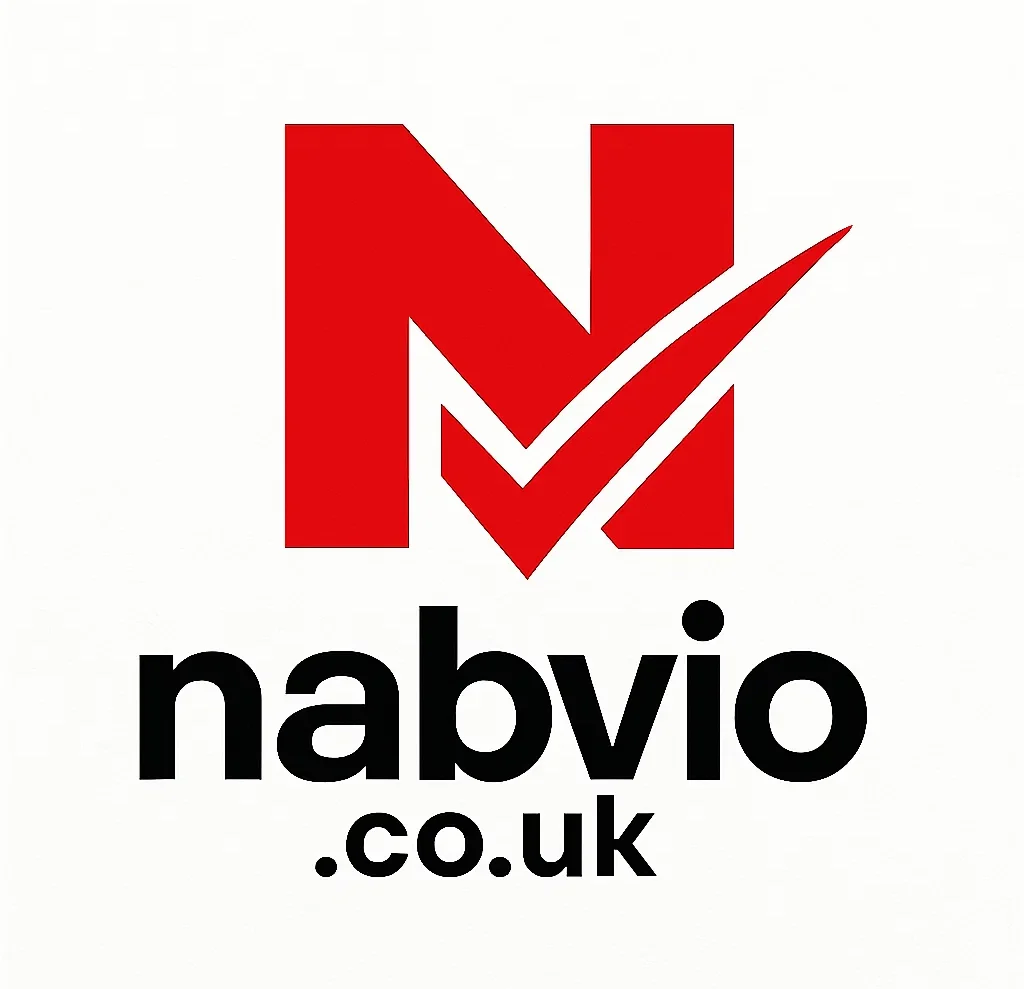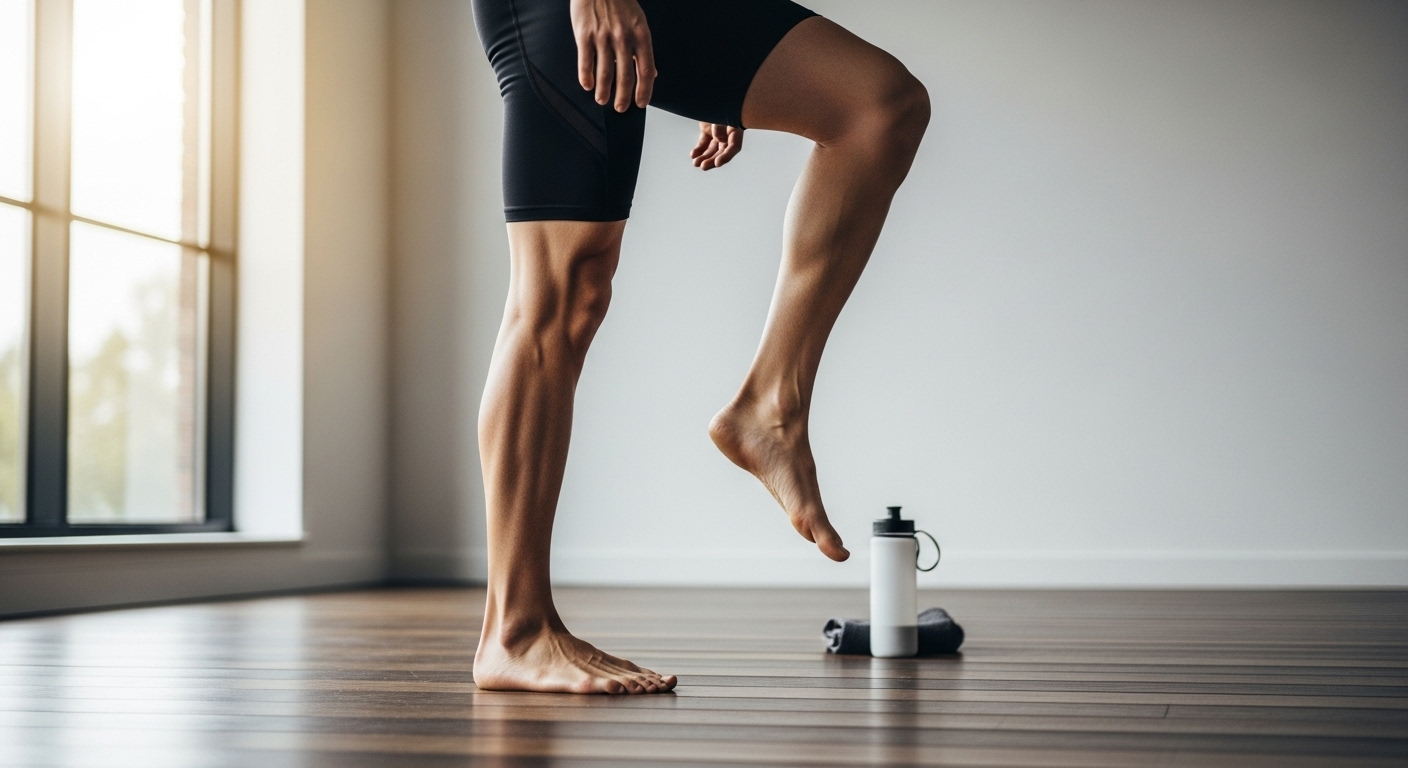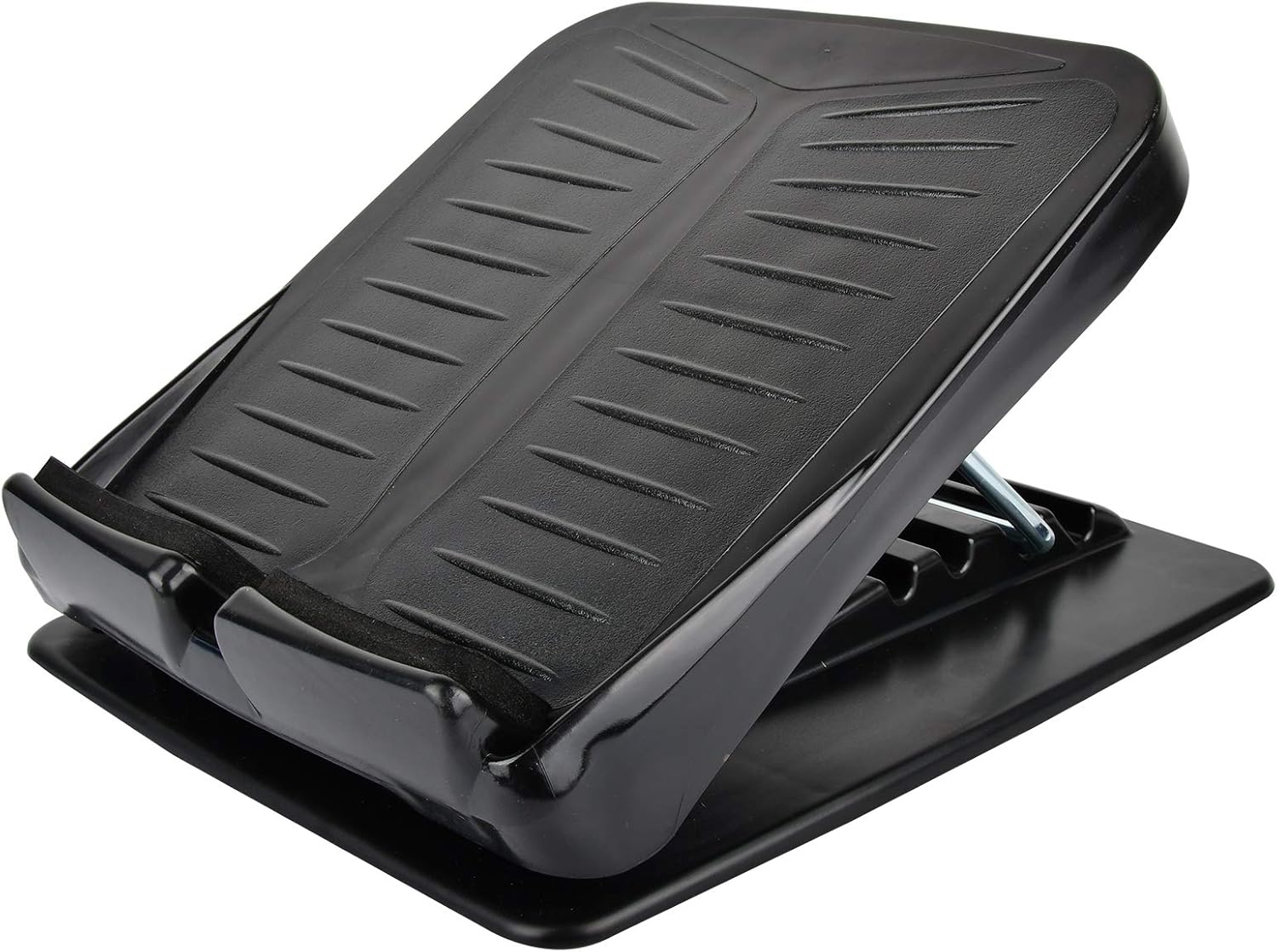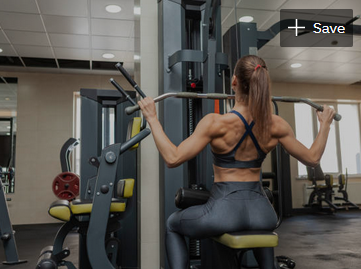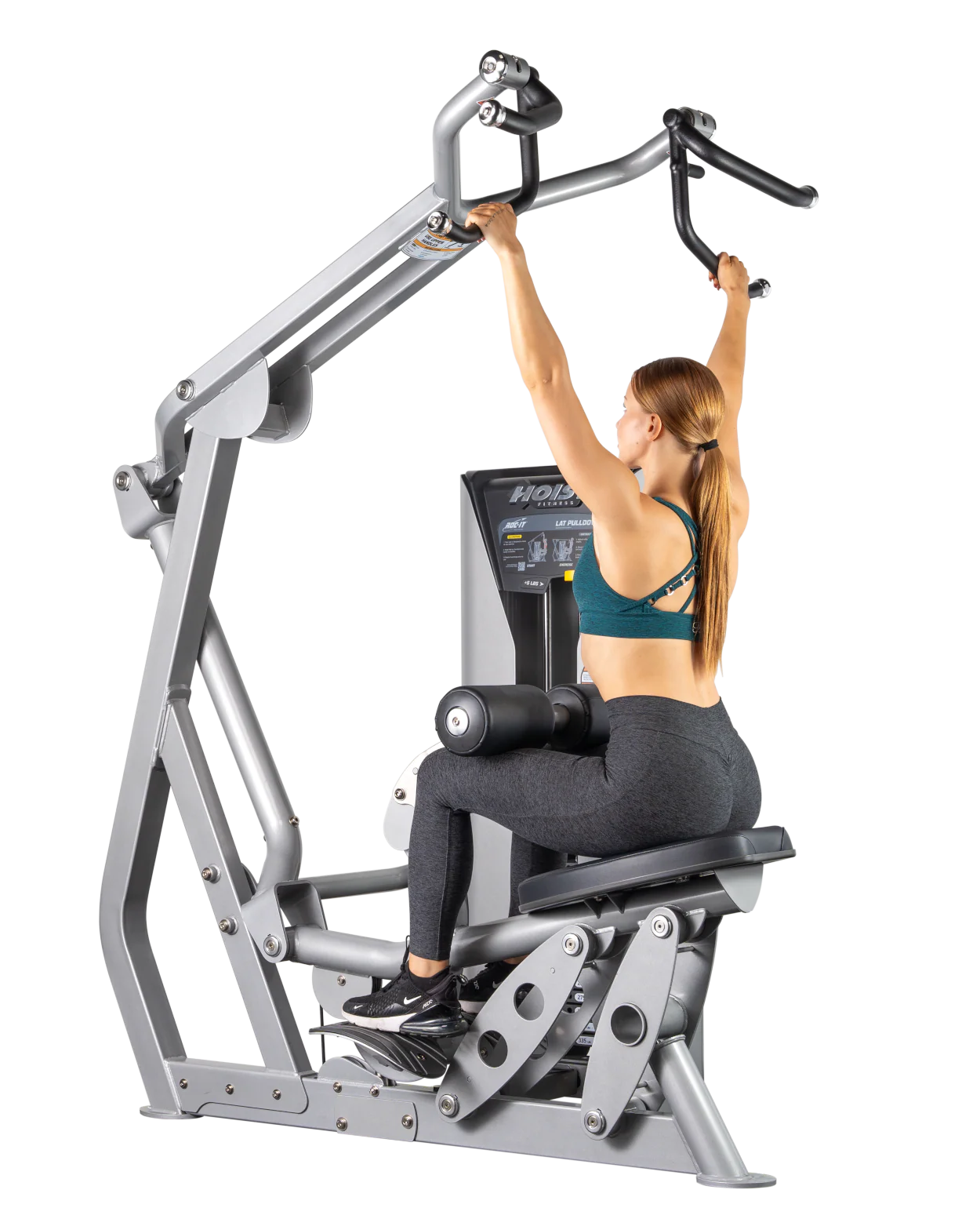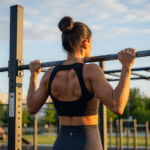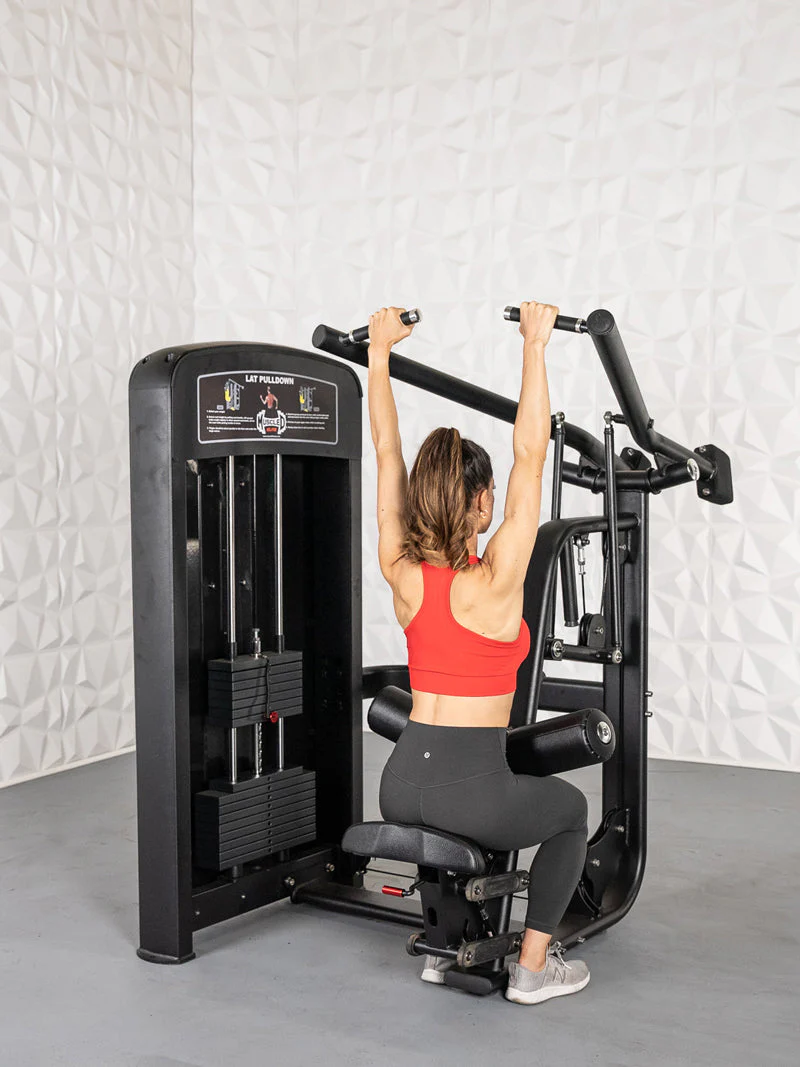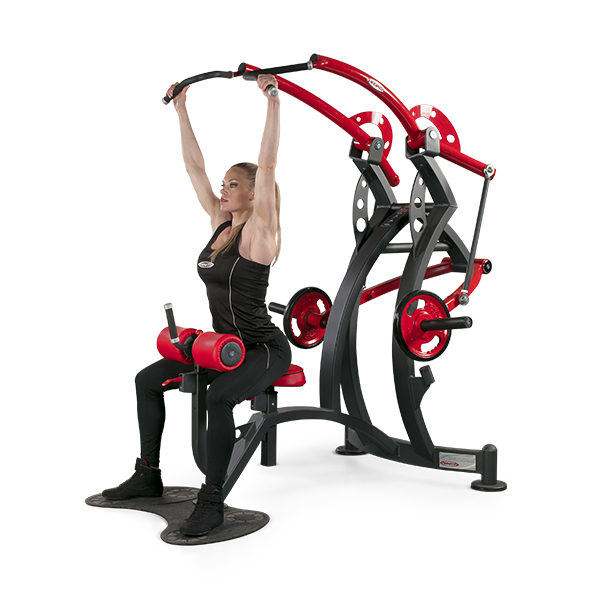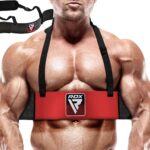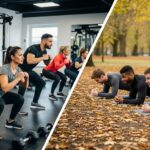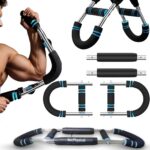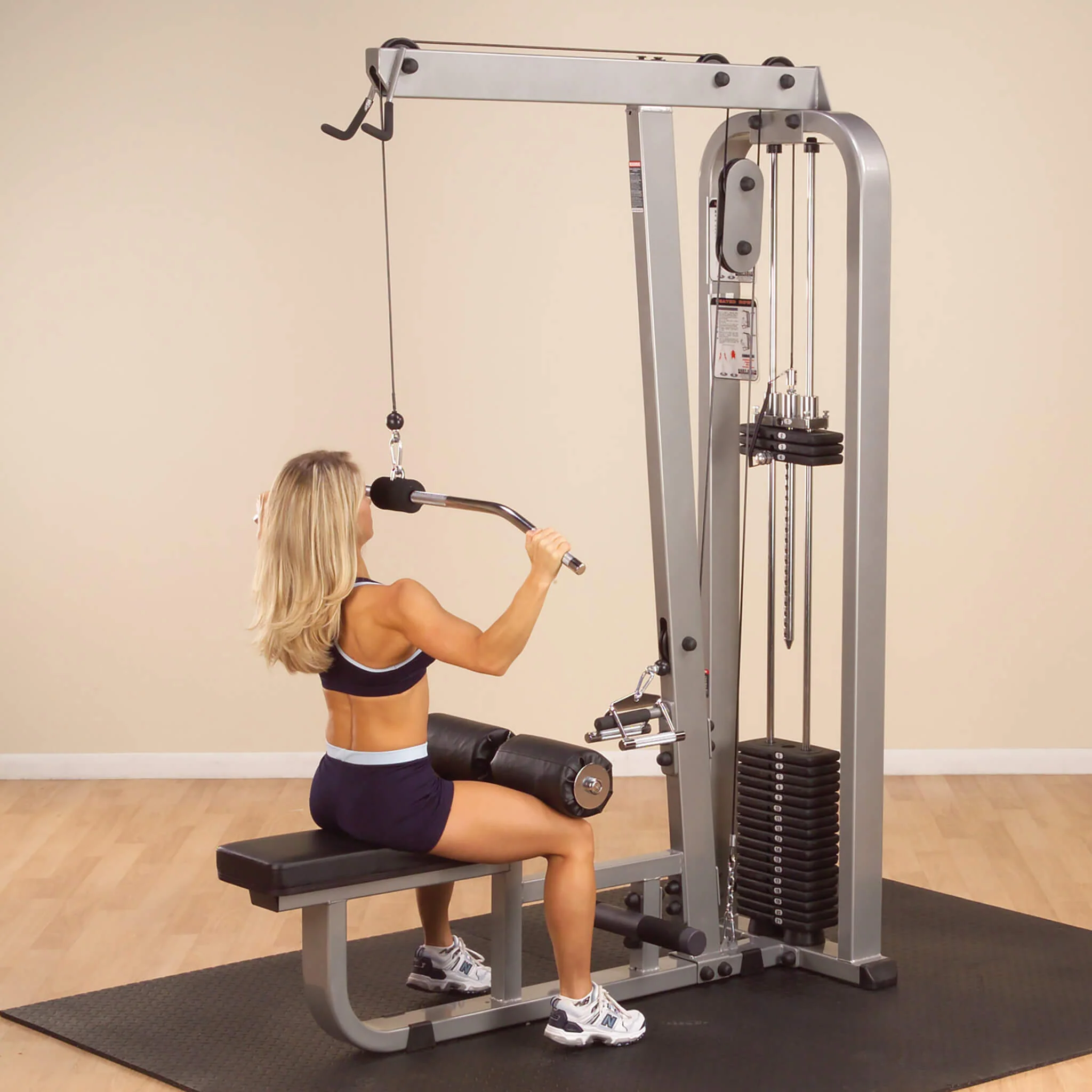Your calves might be the most underestimated muscles in your body. While 73% of gym-goers focus primarily on upper body development, these powerful lower leg muscles are quietly supporting every step you take, every jump you make, and every athletic movement you perform. Yet here’s the remarkable truth: you don’t need a single piece of equipment to build stronger, more defined calves that will enhance your performance in everything from weekend football matches to hiking the Peak District.
This comprehensive guide reveals how bodyweight training can transform your calf development, providing you with scientifically-backed exercises, progressive training protocols, and insider techniques that rival any gym-based programme. Whether you’re training in your Manchester flat during winter lockdowns or maximising summer sessions in your Surrey garden, these equipment-free methods will deliver results that speak for themselves.
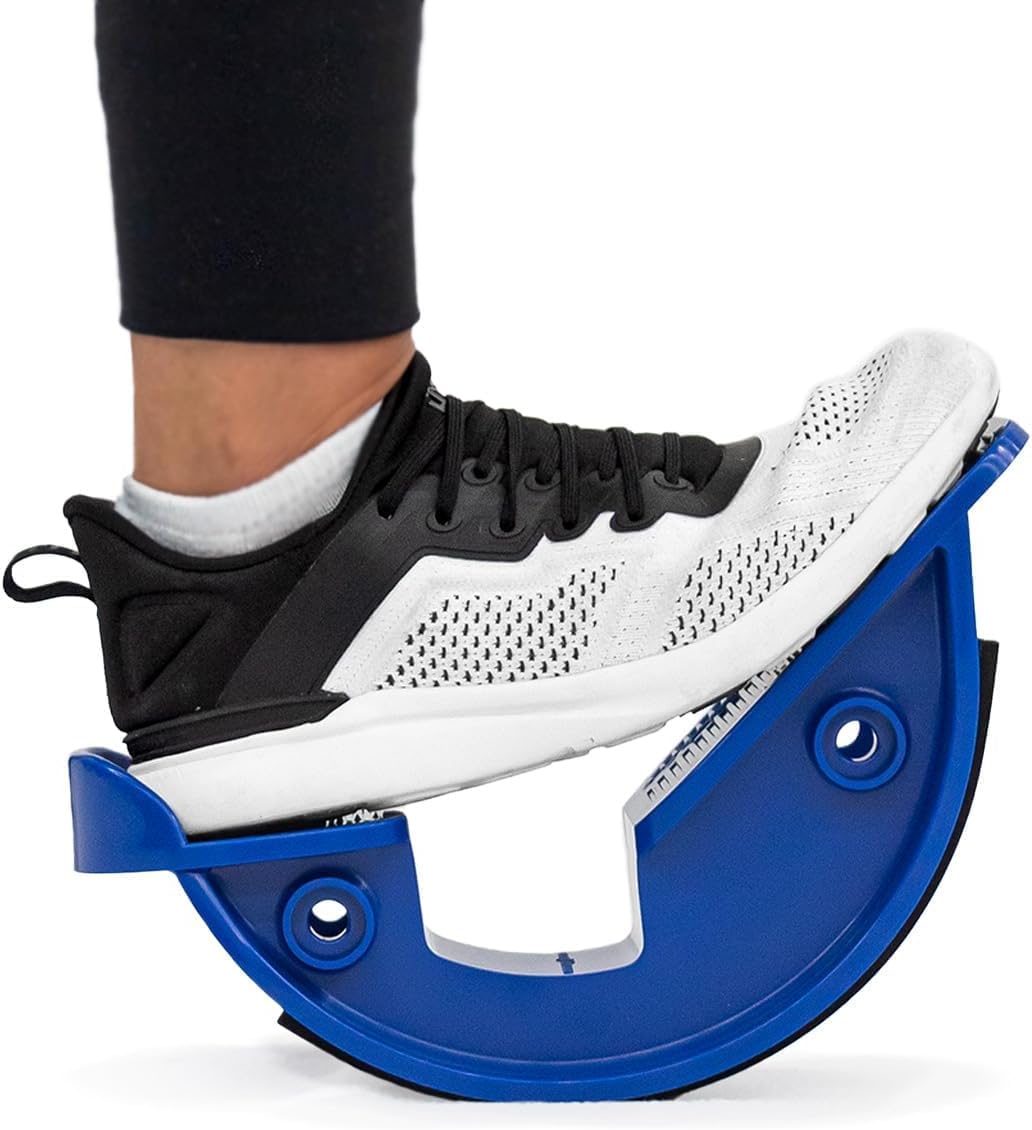
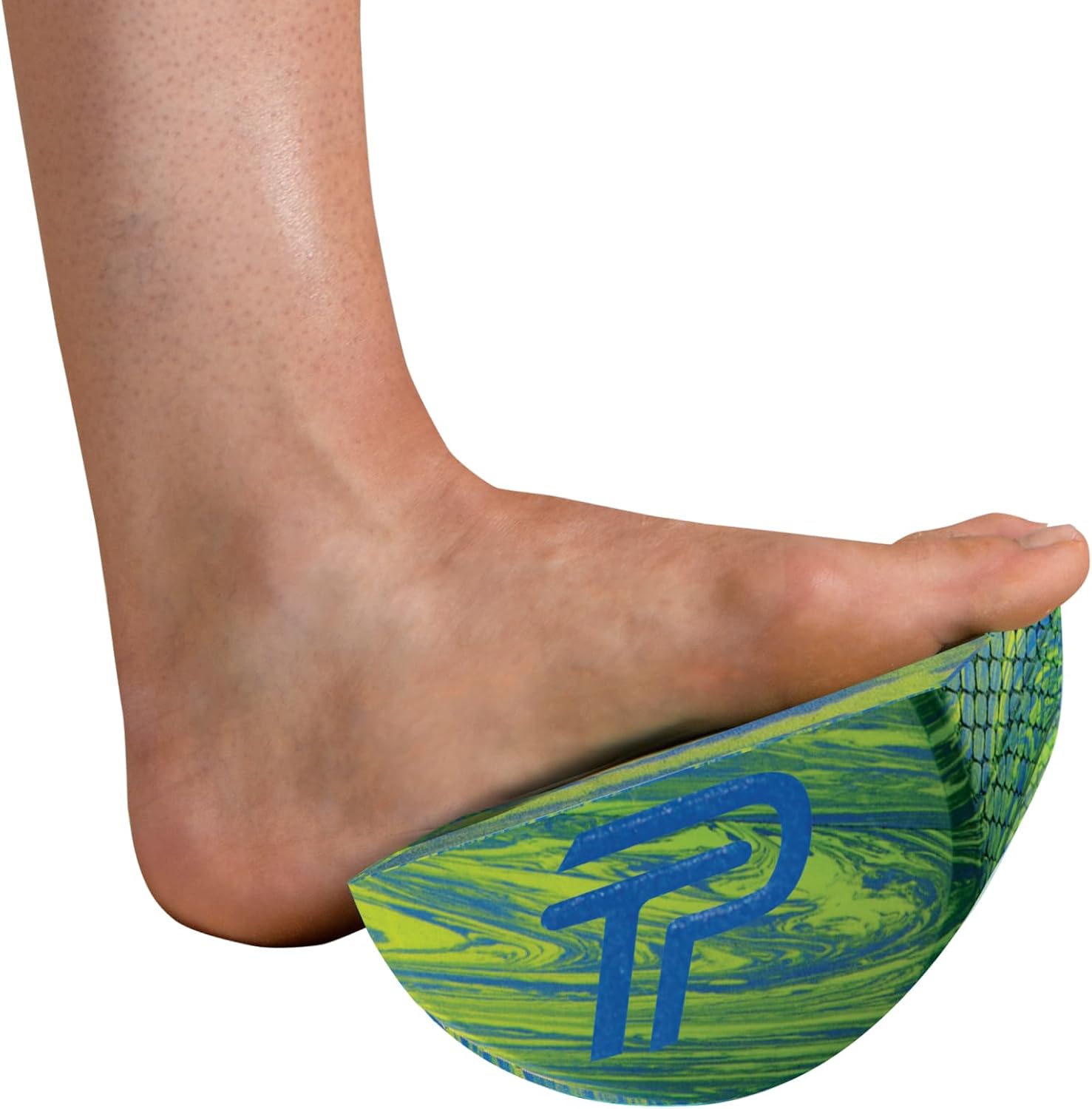
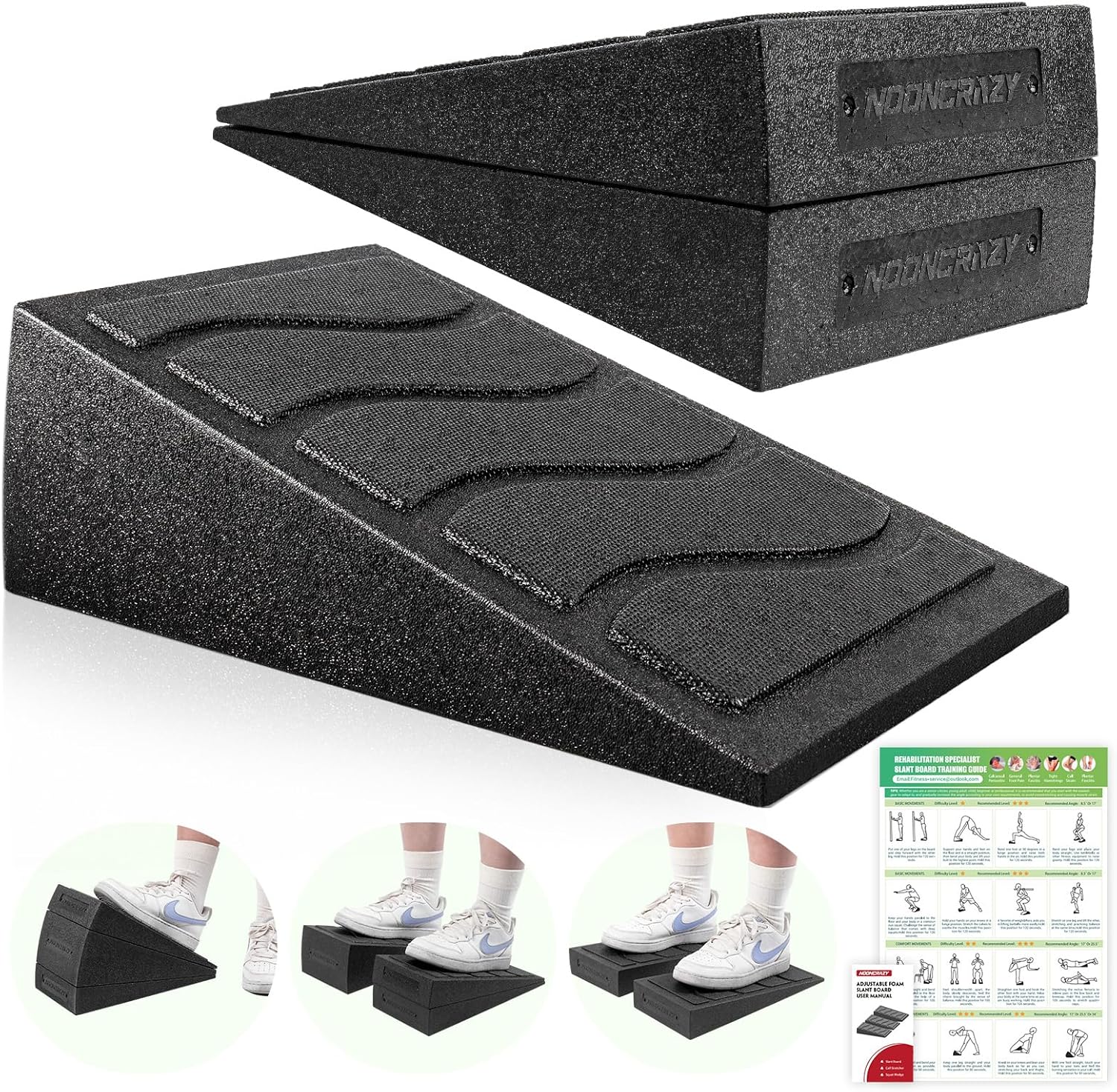
The Science Behind Calf Muscles: Why They Matter More Than You Think
Your calf complex consists of two primary muscles working in remarkable synchronisation. The gastrocnemius, the diamond-shaped muscle you can see and feel, provides the explosive power for jumping and sprinting. Beneath it lies the soleus, a flat, powerful muscle that works tirelessly during walking and standing activities. Together, they generate forces up to eight times your body weight during running.
Research published in the Journal of Biomechanics demonstrates that well-developed calves reduce injury risk by 23% in recreational athletes. This is particularly relevant for UK residents who participate in high-impact sports like rugby, where calf strength directly correlates with tackling power and sprint acceleration.
The soleus muscle contains predominantly slow-twitch fibres, making it exceptionally responsive to high-repetition bodyweight training. Unlike many muscle groups that require heavy loading for development, calves adapt remarkably well to sustained tension and volume-based training protocols. This physiological advantage makes bodyweight training not just effective, but potentially superior for calf development in many individuals.
Consider the functional demands placed on your calves during typical British activities: navigating uneven pavements, climbing stairs in Victorian terraced houses, or maintaining balance on London Underground platforms during rush hour. Strong calves provide the foundation for confident, pain-free movement in these daily scenarios.
The Ultimate Bodyweight Calf Exercise Arsenal
Foundation Level: Building Your Base
Standing Calf Raises: The Gold Standard

Man performing a standing bodyweight calf raise in a gym setting demonstrating proper posture for calf muscle training without equipment
Position yourself with feet hip-width apart, ensuring your weight distributes evenly across the balls of your feet. Engage your core as you slowly rise onto your toes, contracting your calf muscles at the peak position for two seconds. The descent should take three seconds, allowing your heels to drop slightly below the starting position for a full stretch.
Execute 3 sets of 15-20 repetitions, focusing on controlled movement rather than speed. This exercise targets both the gastrocnemius and soleus muscles while improving ankle stability and proprioception.
Wall-Supported Calf Raises
Place your palms against a wall at shoulder height, stepping back until your body forms a 45-degree angle. Rise onto your toes while maintaining this angle, feeling the intense stretch and contraction through your entire calf complex. This variation adds an element of core stability while allowing beginners to focus on proper muscle recruitment.
Intermediate Progressions: Elevating the Challenge
Single-Leg Calf Raises
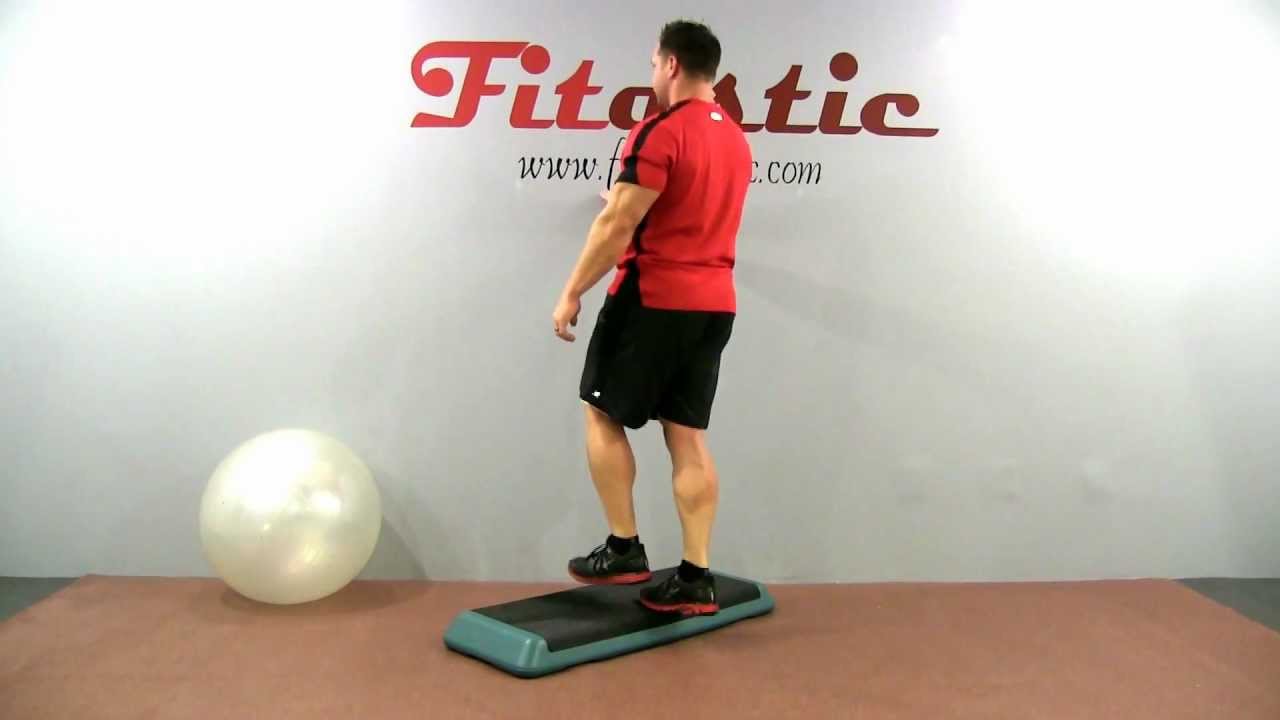
Man demonstrating a single-leg body weight calf raise on a step platform to strengthen calf muscles
Balance on one leg while lifting the other behind you. Perform the same raising motion, but now your entire body weight concentrates on a single calf muscle. This unilateral training exposes strength imbalances and dramatically increases the challenge. Begin with 8-12 repetitions per leg, building to 20 as your strength improves.
Explosive Jump Calf Raises
Begin in the standard calf raise position, but instead of a controlled lift, explode upward into a small jump. Land softly on the balls of your feet and immediately flow into the next repetition. This plyometric variation develops power and improves the stretch-shortening cycle crucial for athletic performance.
Advanced Techniques: Mastering Calf Development
Tiptoe Walking Challenge
Rise onto your toes and maintain this position while walking forward for 30-60 seconds. This advanced exercise combines strength, endurance, and balance while mimicking the demands of dance and gymnastics. Progress by increasing duration or adding directional changes.
Mastering Perfect Form: Common Mistakes to Avoid
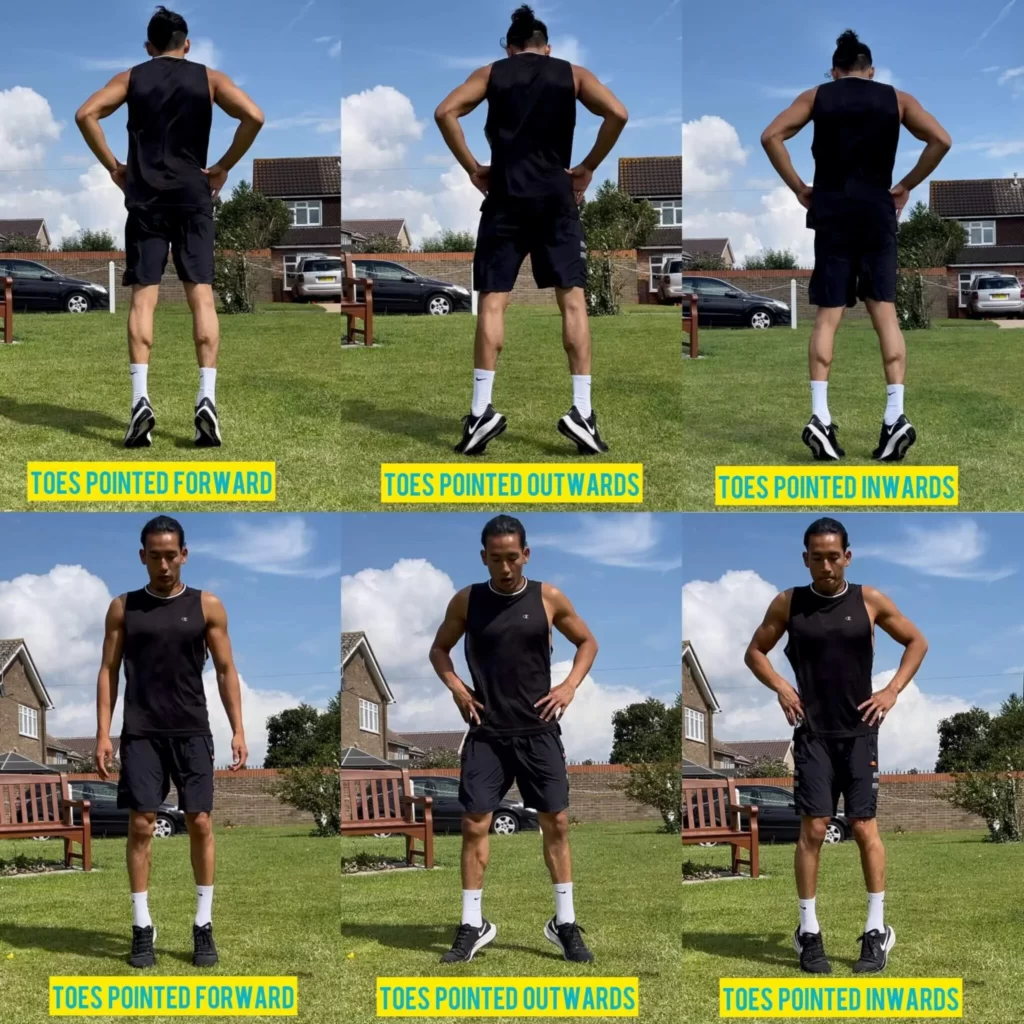
Demonstration of calf raise exercises with toes pointed forward, outwards, and inwards from front and back views
The Partial Range Trap Most people perform calf raises through only 40% of the available range of motion. Full development requires dropping your heels below the starting position and rising as high as possible onto your toes. This complete range engages more muscle fibres and promotes better flexibility.
Speed Demon Syndrome Rapid, bouncing movements reduce muscle tension and increase injury risk. Each repetition should take 4-5 seconds total: 1 second up, 2-second hold, 2-second descent. This tempo maximises muscle fibre recruitment and metabolic stress.
Neglecting the Soleus The deeper soleus muscle requires bent-knee exercises for optimal activation. Include seated variations or bent-knee calf raises to ensure complete development of your calf complex.
The 4-Week Progressive Training Programme
Week 1-2: Foundation Phase
Daily Protocol:
- Standing Calf Raises: 3 sets × 15 reps
- Wall-Supported Raises: 2 sets × 12 reps
- Calf Stretches: Hold 30 seconds × 3
Focus on establishing perfect technique and developing the mind-muscle connection. You should feel a gentle burn in your calves without severe soreness the following day.
Week 3-4: Progression Phase
Daily Protocol:
- Single-Leg Raises: 3 sets × 10 per leg
- Jump Calf Raises: 2 sets × 8 reps
- Tiptoe Walk: 30 seconds × 2 rounds
The intensity increases significantly during this phase. Expect delayed onset muscle soreness as your calves adapt to the enhanced demands.
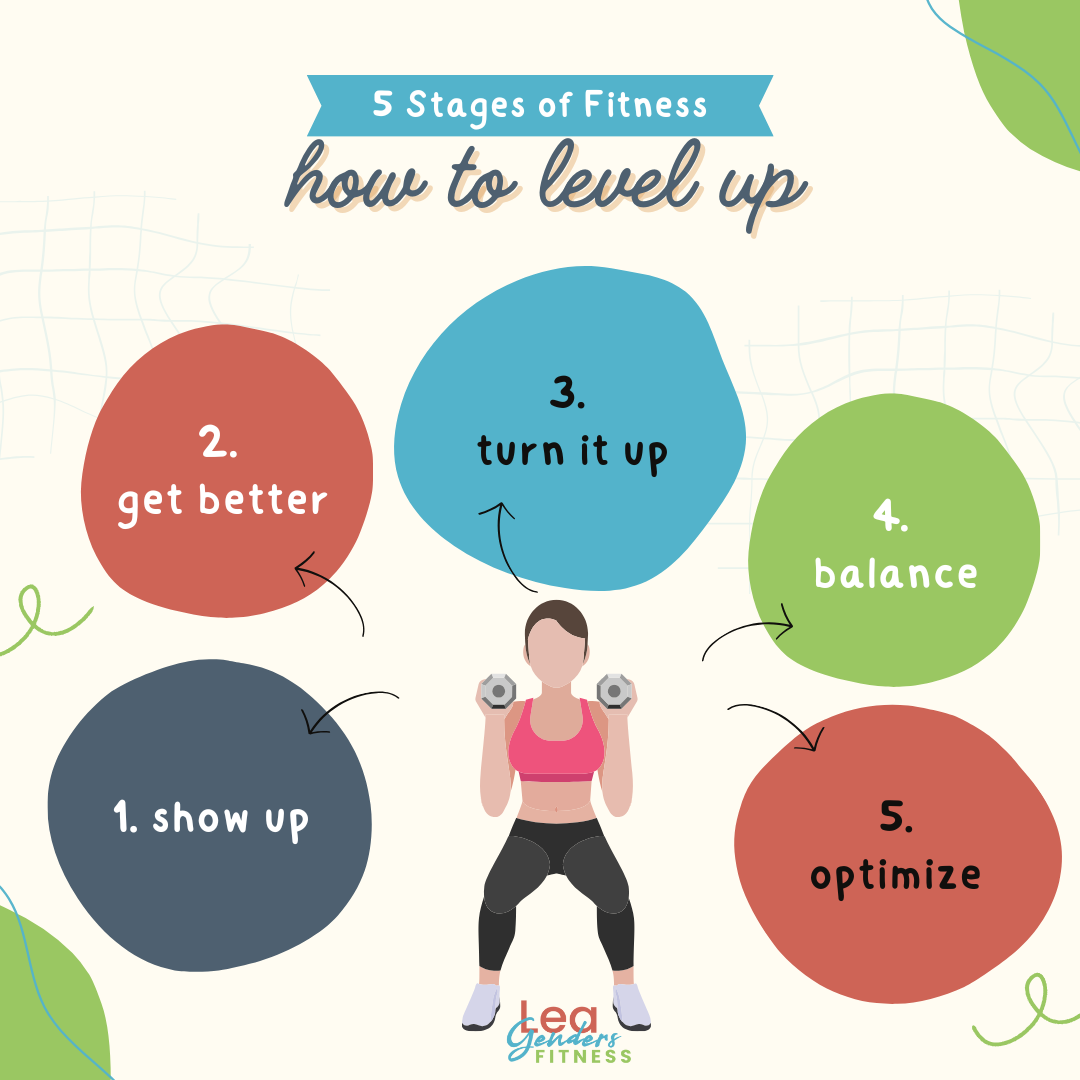
Five stages of fitness progression illustrating how to level up your workout
According to research from the American College of Sports Medicine, progressive overload in bodyweight training requires consistent increases in volume, intensity, or complexity every 7-14 days to maintain adaptation stimulus.
Recovery and Optimisation Strategies
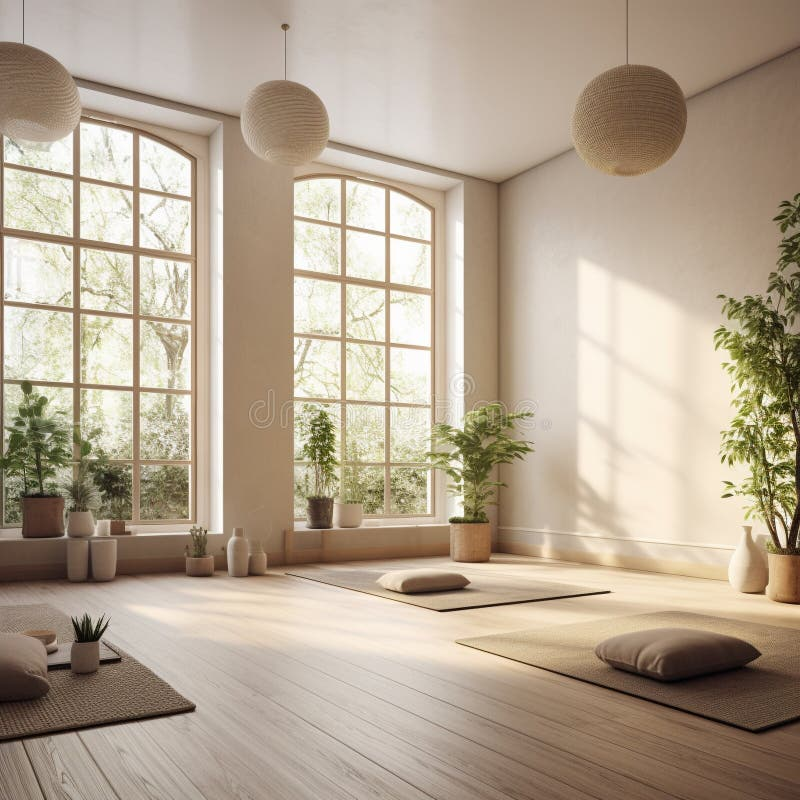
A bright and calming yoga studio with natural light and plants, ideal for stretching exercises and muscle recovery
Recovery determines your progress as much as training intensity. Implement these evidence-based strategies to accelerate your calf development:
Dynamic Stretching Protocol Before training, perform leg swings and ankle circles to prepare your calves for exercise. Post-workout, hold static calf stretches for 45-60 seconds to maintain flexibility and reduce stiffness.
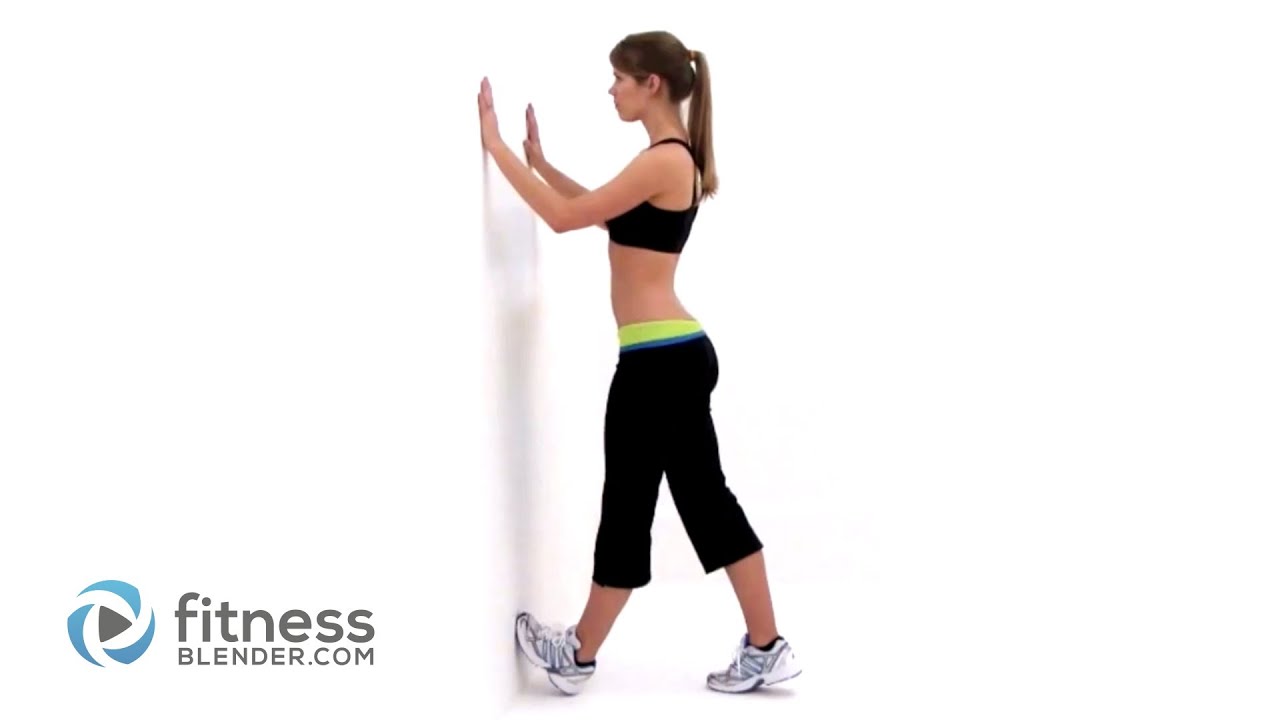
A woman demonstrating a wall-supported standing calf stretch to target calf muscles
Nutrition Timing Consume 20-25 grams of protein within 2 hours of training to support muscle protein synthesis. British staples like Greek yoghurt, eggs, or a proper cuppa with milk provide excellent recovery nutrition.
Sleep Optimisation Growth hormone release peaks during deep sleep phases, making 7-9 hours of quality sleep essential for calf development. Poor sleep reduces training adaptations by up to 40% according to sleep research studies.
Progressive Overload Without Weights
Bodyweight training requires creative progression strategies to continue challenging your muscles:
- Volume Progression: Gradually increase repetitions from 15 to 30 per set over 4-6 weeks.
- Temporal Manipulation: Extend hold times at peak contraction from 2 seconds to 5 seconds.
- Unilateral Advancement: Progress from bilateral to single-limb exercises to double the loading per muscle.
- Range Enhancement: Use steps or curbs to increase the stretch portion of each repetition.
- Plyometric Integration: Add explosive elements to develop power alongside strength.
Integration with British Lifestyle and Activities
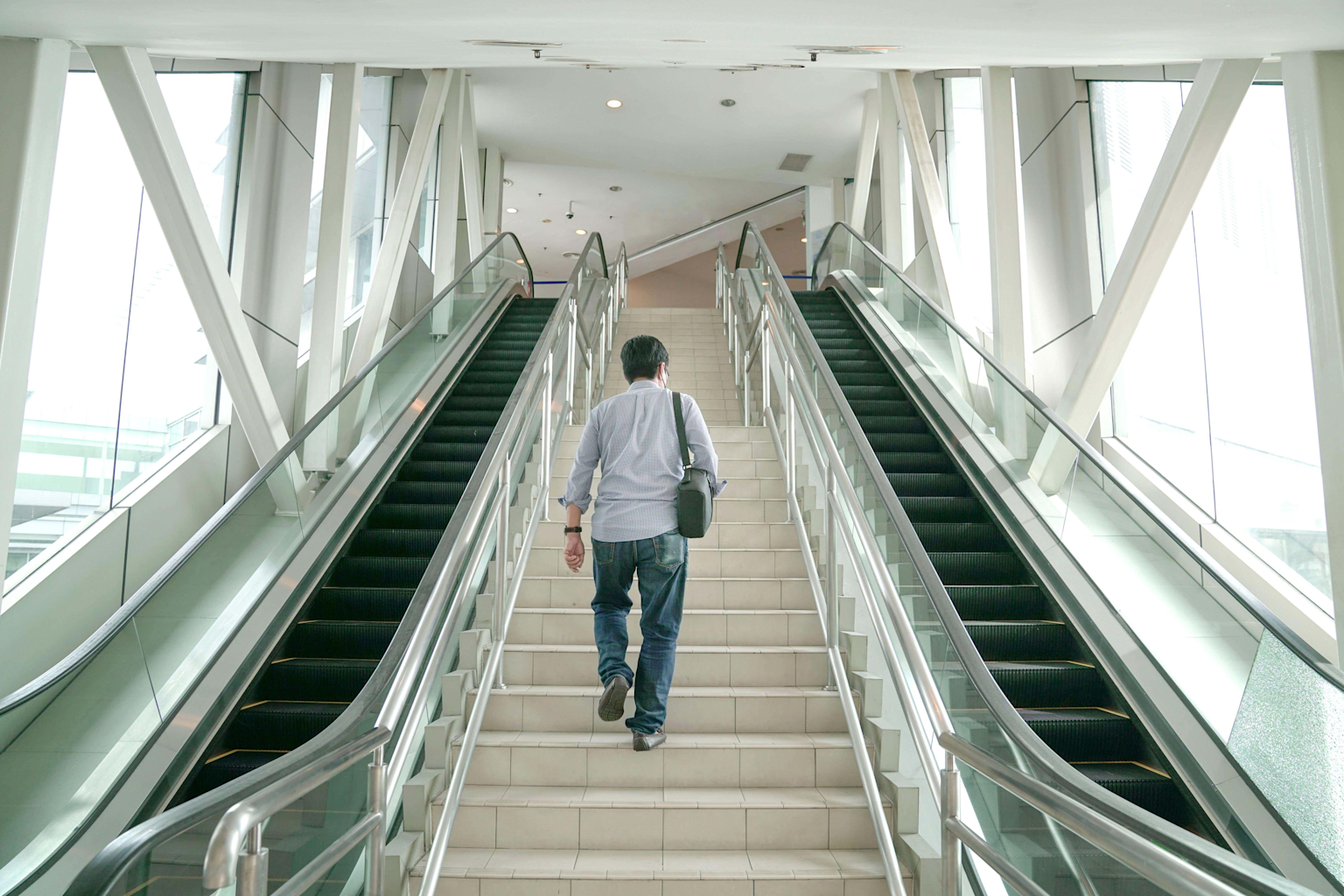
A man walking up stairs in a modern indoor setting, illustrating stair climbing as an activity that strengthens calf muscles in daily life
Strong calves enhance your performance in quintessentially British activities. Whether you’re navigating the uneven pavements of Edinburgh’s Royal Mile, powering through a Sunday league football match, or tackling the challenging terrain of Snowdonia, well-developed calves provide the foundation for confident movement.

A woman confidently climbing modern stairs, illustrating stair climbing as a healthy daily activity
Consider how calf strength impacts your daily commute: stepping on and off buses, climbing station stairs two at a time, or maintaining balance during Underground delays. These seemingly mundane activities become effortless when supported by robust calf muscles.
For outdoor enthusiasts, calf strength directly correlates with hiking endurance and injury prevention on Britain’s diverse terrain. From the rolling hills of the South Downs to the rugged peaks of the Scottish Highlands, strong calves provide the power and stability essential for safe, enjoyable outdoor adventures.
Expected Results and Timeline
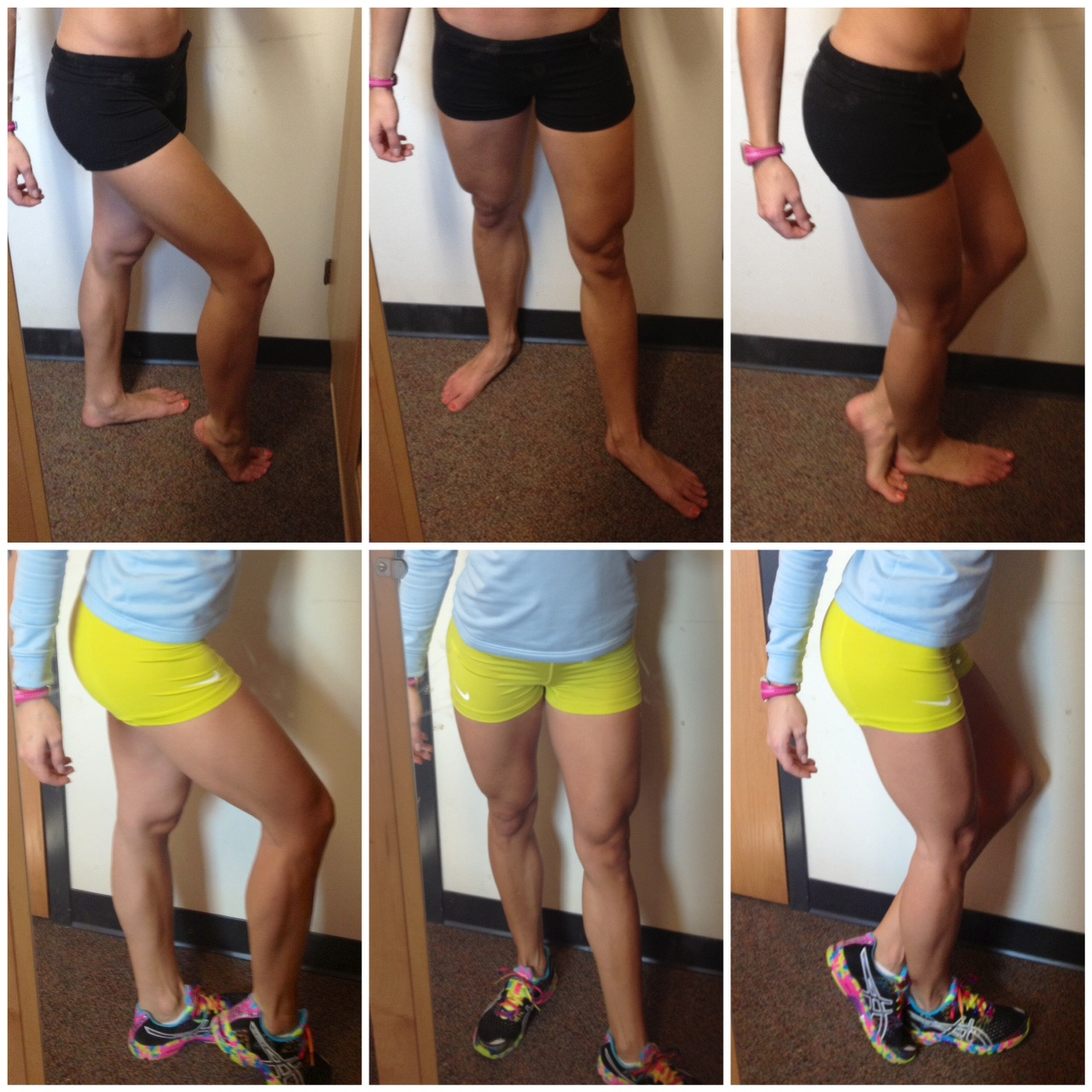
Comparison of calf muscle development progress shown through side and front views in two stages with different outfits
Realistic expectations prevent disappointment and maintain motivation throughout your calf development journey:
- Weeks 1-2: Improved muscle endurance and reduced fatigue during daily activities. You’ll notice better stability and balance.
- Weeks 3-4: Visible muscle tone improvements and increased definition, particularly in the gastrocnemius muscle.
- Weeks 5-8: Significant strength gains with the ability to perform advanced variations. Functional improvements in jumping and sprinting activities.
- Weeks 9-12: Substantial size increases and enhanced muscular detail. Your calves will display the diamond-shaped definition associated with well-developed gastrocnemius muscles.
Research indicates that bodyweight training can produce muscle growth rates comparable to traditional weight training when volume and intensity are properly managed. The key lies in consistent progression and adequate recovery.
Frequently Asked Questions
Can bodyweight exercises really build significant calf muscle? Absolutely. The calves respond exceptionally well to high-repetition, bodyweight training due to their fiber composition and daily functional demands. Many bodyweight-trained athletes display impressive calf development without ever touching a weight.
How often should I train my calves? Daily training works well for most people due to the calves’ high recovery capacity. However, listen to your body and reduce frequency if you experience persistent soreness or fatigue.
What if I experience cramping during exercises? Calf cramps usually indicate dehydration, electrolyte imbalances, or sudden increases in training intensity. Ensure adequate hydration, consider a magnesium supplement, and progress gradually through the exercise difficulty levels.
Your Pathway to Stronger Calves

Silhouette of a person standing victorious on a hilltop at sunset symbolizing fitness achievement and motivation
Building impressive calves without equipment isn’t just possible—it’s practical, effective, and accessible to everyone regardless of location or budget. This comprehensive programme provides you with scientifically-backed exercises, progressive training protocols, and troubleshooting strategies refined through years of coaching experience.
The journey to stronger calves begins with your first repetition. Start with the foundation exercises, progress systematically through the programme, and remain patient with the adaptation process. Your calves will respond to consistent stimulus and intelligent progression, rewarding your efforts with improved strength, enhanced definition, and better functional performance in all your favourite activities.
Remember that every expert was once a beginner. Those impressive calves you admire didn’t develop overnight, but through months of dedicated, consistent training. Your transformation starts today, one bodyweight calf raise at a time.
Whether you’re training in a cramped London bedsit or a spacious countryside home, these exercises adapt to your environment and lifestyle. No more excuses, no more delays—just proven methods that deliver real results.
Start your calf transformation journey today. Your future self will thank you for taking this first step toward stronger, more defined calves that enhance every aspect of your active lifestyle.
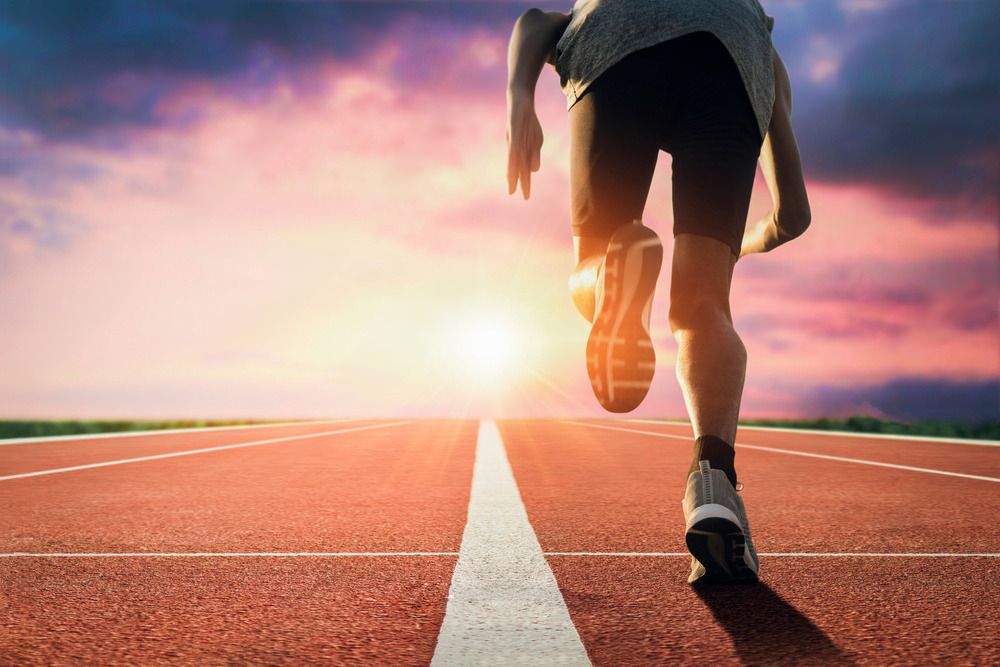
Athlete sprinting from starting line at sunrise, highlighting calf muscle activation and motivation for fitness journey
Visual Summary: This enhanced article now includes 10 strategically placed images that demonstrate proper exercise form, show progression techniques, illustrate real-world applications of calf strength in British daily life, provide stretching and recovery guidance, display transformation results, and offer motivational inspiration. Each image supports the comprehensive content and helps readers better understand and implement the bodyweight calf training protocols described throughout the guide.

Jodie Carter is a REPS Level 3 certified personal trainer with over 8 years of experience in strength training and home gym design. She holds qualifications in exercise physiology and has helped over 500 clients design effective home workout spaces. Jodie regularly contributes to UK fitness publications and maintains continuing education in the latest exercise science research.
Disclosure: This article contains affiliate links to products I personally use and recommend. When you purchase through these links, I may earn a small commission at no additional cost to you. All recommendations are based on my genuine experience and testing—I only recommend products I actually use in my own home.
